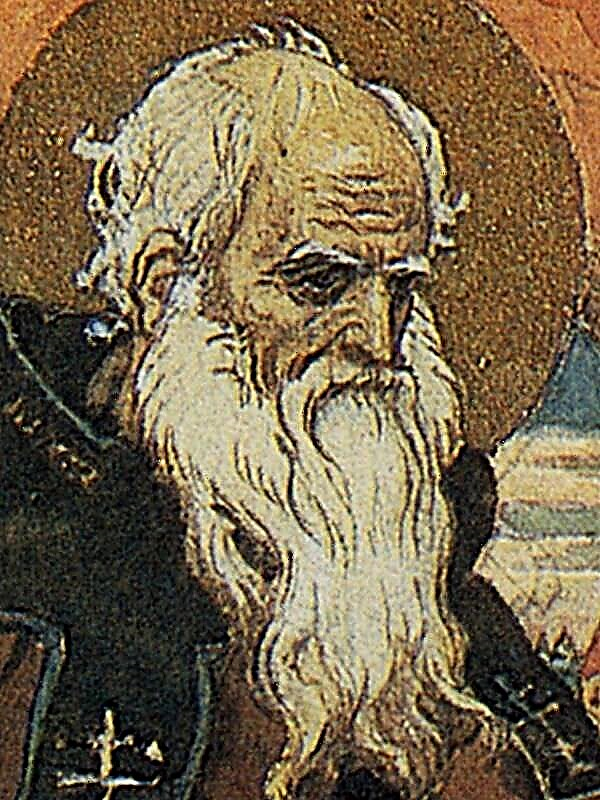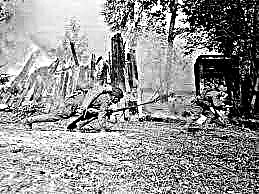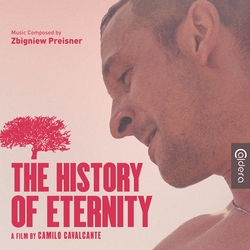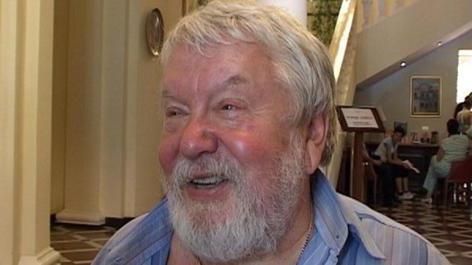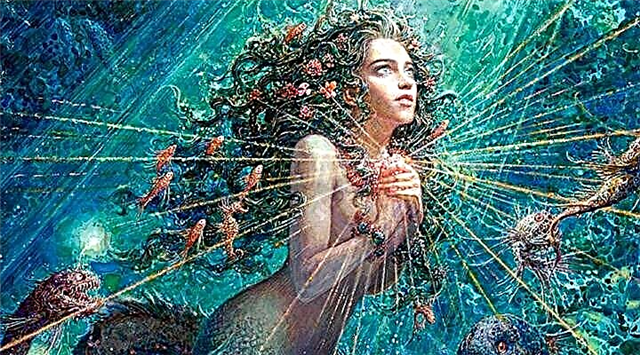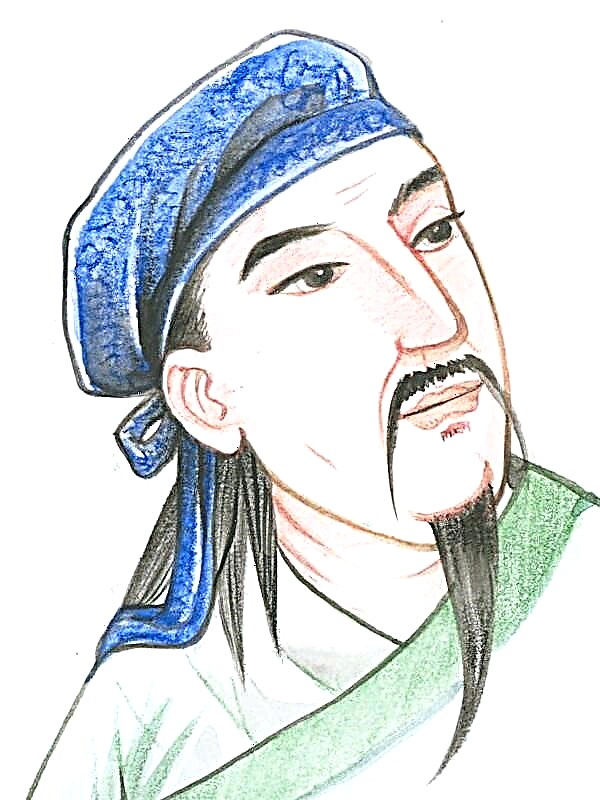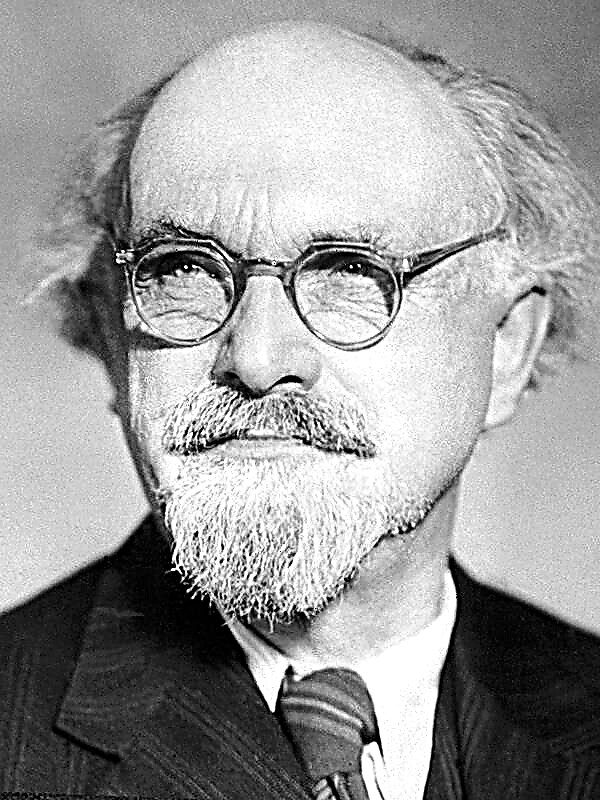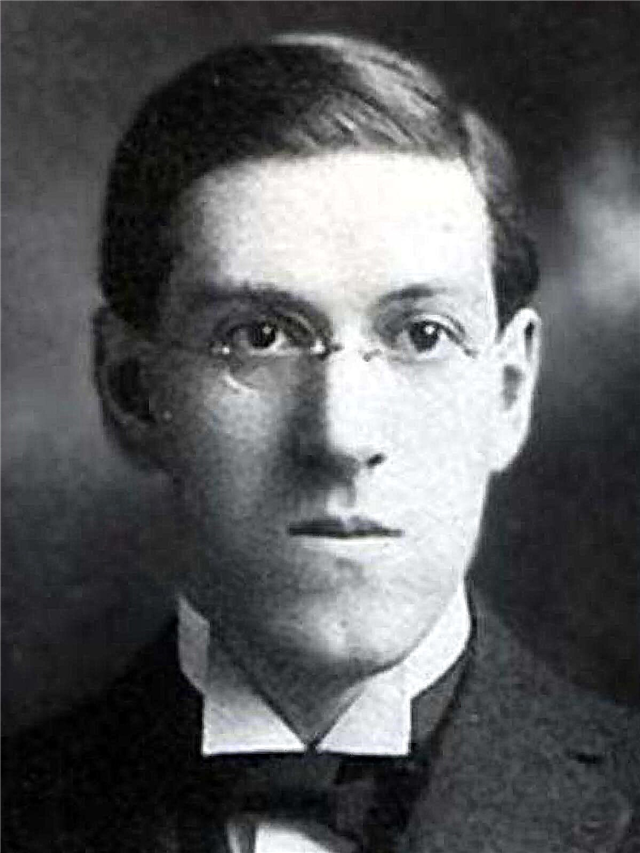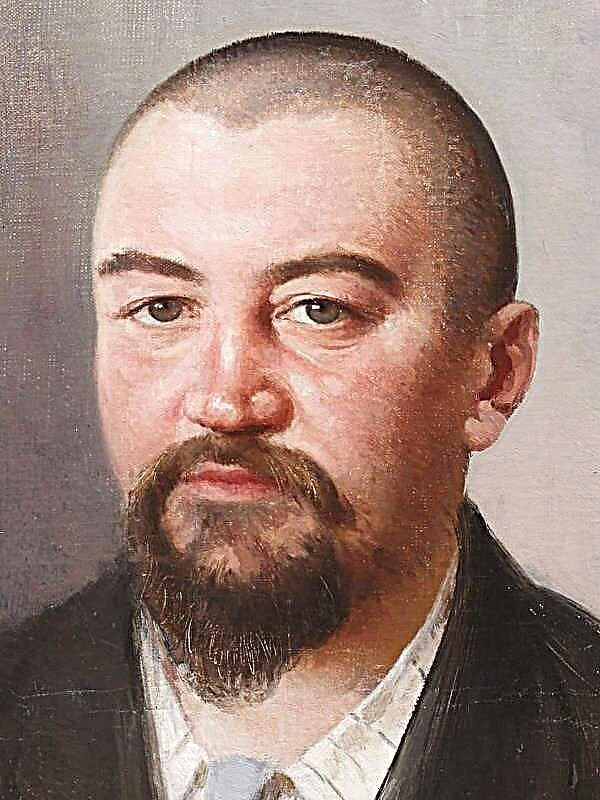The story “After the Ball” is small in volume, but it raises problems of a general philosophical and moral level related to the world outlook of Tolstoy, who saw in a simple plot a deep contradiction between the external and the internal, that which lies on the surface and that which is hidden from prying eyes. Disagreement in feelings and actions becomes the object of close attention of the writer, exploring the areas of the obscure human soul.
History of creation
The plot is based on a real story, which, according to one version, at the time of his student body, Tolstoy heard from his brother Sergei. The basis of the future story was the incident that occurred with Sergei Nikolaevich. In love with the daughter of the military commander, Varvara Koreish, he was going to make her an offer, but when he saw the cruel punishment of the soldier commanded by the girl’s father, he abandoned his intention.
What he saw shocked him, and the story itself for a long time haunted Leo Tolstoy, who embodied the plot in the story only after years. The work was published a year after the death of the writer.
The meaning of the name
The story did not immediately receive its final name. Tolstoy was considering several draft options, among which were “The Story about the ball and through the ranks”, “Father and daughter”, “And you say ...”. The result of a long search was the title "After the ball."
The meaning of the name "After the ball" is ambiguous. Tolstoy in many of his works raised the problem of man and society. The object of his interest is the circumstances affecting human decisions and actions, as well as the principles, rules and motives that guide him in his choice. On the one hand, the name emphasizes the bilingualism of one of the main characters, the unnaturalness of his life, in which, with the change of scenery, a change in personality occurs. After the ball, the masks change. The hero’s behavior is changing, and his life itself is ugly on the inside, having nothing to do with the splendor and splendor of the title side. On the other hand, after the ball, the storyteller comprehends the people with whom he wanted to connect his life, the realization of the contradictory nature of life, in which unjustified cruelty coexists peacefully with grace and imaginary nobility.
Genre and direction
“After the Ball” is a prose work; written in the genre of the story and takes out of the context of the hero’s life one single event that has become a turning point for him, ambiguous for both the character himself and the readers.
The story is realistic, because the plot is based on a real, even everyday incident, reflecting the inner world of the hero and, at the same time, setting the socio-social tone.
The main characters and their characteristics
- Ivan Vasilievich - the narrator. Already being old, he talks about the events of past youth. The protagonist at the time of the described event was a provincial student, but a rich and handsome dandy. He is distinguished by conscientiousness, a sense of justice and impressionability. He could not forget about the beating of the Tatar and therefore did not begin to connect his life with his girlfriend. The young man was very emotional: he almost vomited when he wandered home after the sight he saw.
- Varenka - beloved of the protagonist. This is a tall, stately and "majestic" socialite who conquered the gentlemen with a captivating and affectionate smile. She had a regal look, but her kind soul did not let anyone shy in the presence of the heroine. She also favored the courtship of the narrator.
- Colonel (Petr Vladislavich - Tolstoy’s spelling is preserved) is a handsome and handsome military man. Tall and ruddy elderly man with a gentle smile and pleasant manners. For the sake of his daughter he saves on himself: he wears only official boots, for example. However, in the scene with corporal punishment, the hero looks angry and cruel: he hits the face of a soldier who weakly struck the guilty Tatar.
Themes and Issues
The subject of the story can be considered at once at several levels, taking as a basis both the socio-psychological and general philosophical aspect, as well as the more profound one - moral, ethical, personal.
In the first case, it is considered the problem of man and his environmentwhich he can obey or, on the contrary, to oppose. Does the environment completely form the personality, or is there another entity that cannot be suppressed, free and capable of fighting what seems wrong and alien to it? Tolstoy here opposes the equation of personality and the violation of its natural rights. The writer independently reserves the right to decide for himself what is good and what is bad, for every person who is capable of free choice.
Another external theme is slavish soldier position during the reign of Nicholas. The complete lack of rights of a simple person, the most difficult conditions of service and corporal punishment to which those who served their homeland were subjected, return not only to the topic of personality suppression, but also to the problem of social inequality in Nikolaev Russia.
The question of the moral, personal level of understanding of this work is completely and completely connected with the image of the military. Duplicity and hypocrisy colonel, family man and caring father, on the one hand, on the other - a merciless and ruthless commander, indifferent to someone else's pain. The horror of the situation for the storyteller is not so much that the colonel arranges for the torture of an innocent soldier, but in his calm indifference to what is happening. Trembling in relation to the daughter coexists in him with undisguised cruelty. It is impossible to imagine the correlation of these sides in one person; the discrepancy between one and the other is so great. Tolstoy shows a rare, but therefore no less stable human type of masked people capable of cruelty, covered by ostentatious goodness.
Idea
The main idea of the story “After the Ball” is to follow humanistic ideals, appeal to truly kind feelings, in which universal should prevail. To oppose the evil principle is possible only through self-improvement, the search for real, not obscured by imagination and false impression of meanings. Tolstoy urges to remain human even in those situations when lawlessness can be allowed by virtue of status and position.
It is no coincidence that the hero of the story becomes ashamed of what he saw. He feels his involvement in what is happening, the responsibility for the cruelty of another. According to Tolstoy, it should be so. Lawlessness begins with an individual person, the fight against him is the task of everyone who cares for someone else’s grief.
Tolstoy’s creative method, based on the study of the contradictions of the human soul, has always been highly praised. The psychological psychology of the story, the emotional richness and the literary style of the writer itself make the work relatively small in volume a bearer of many meanings that are contradictory, like human nature itself.
Morality
L.N. Tolstoy is known to the average reader as a great master of words, a writer who entered Russian literature, as the creator of monumental psychological novels. However, its influence on Russian literature and culture is much deeper than one can imagine. Tolstoy is not just a major writer, but also a thinker, the founder of religious and philosophical teachings. The pursuit of moral perfection, the ideal of sacrificial love that casts out fear is Tolstoy’s program, which saw the meaning of life in selfless service to one’s neighbor based on pure perfect love. He conveys these thoughts to the public through the story “After the Ball”, where the hero did not turn his back on other people's grief, could not come to terms with him. His refusal to meet a cruel military leader is a fair reaction of society, which should show its members how to behave.
The conclusion is simple: you need to be responsive and fair in any situation, even if personal interest is at stake. The hero was carried away by the daughter of a military leader, but made a choice in favor of moral duty. Also, you can not abuse the high position and justify their vices.

